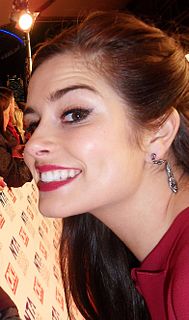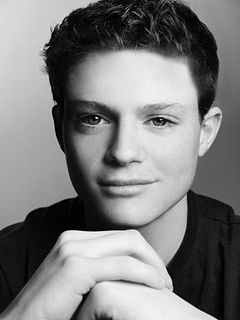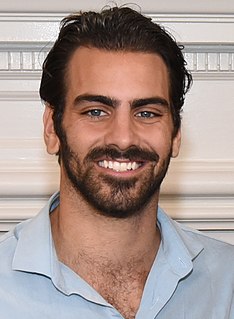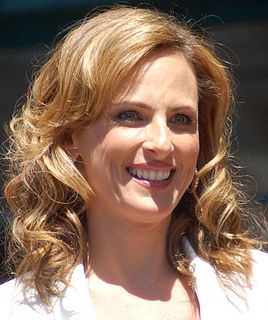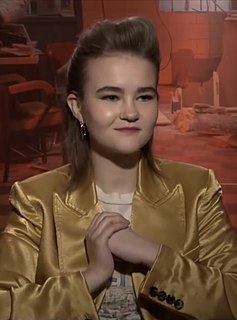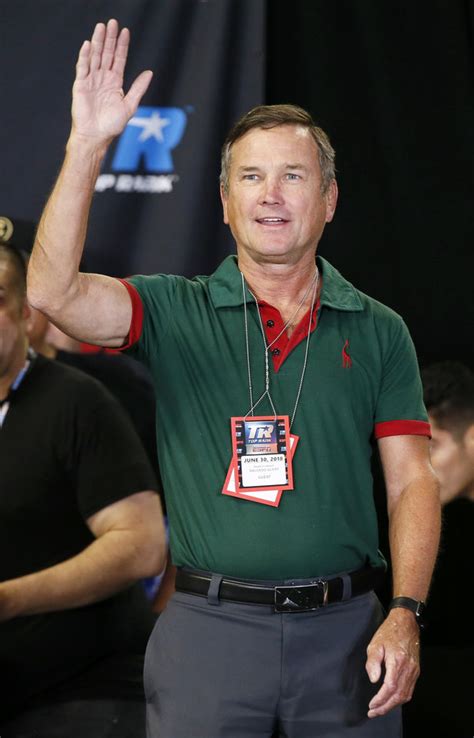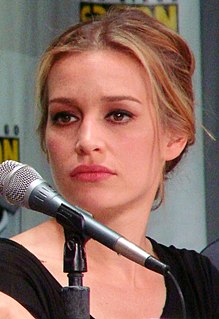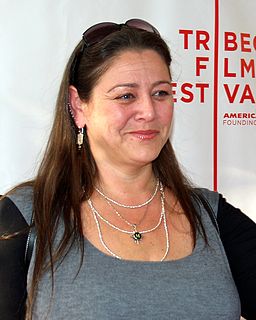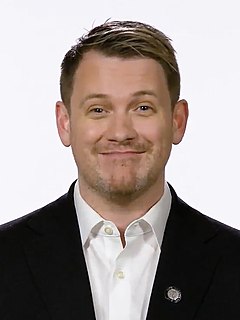A Quote by Richard Masur
The deaf community is in a favorable position because they have a national theatre and training groups of their own to get them started. Deaf actors have often acquired very valuable skills and experience before they get their break.
Related Quotes
I tell cold callers I'm very interested but a bit deaf, my hearing aid is not working properly and can they speak up. The idea is to deliberately miss-hear what they say, ask them to repeat, only louder, and see how loud I can get them to shout. After a while I say "I'm not really deaf" and was just wasting their time, as they were doing with me.

